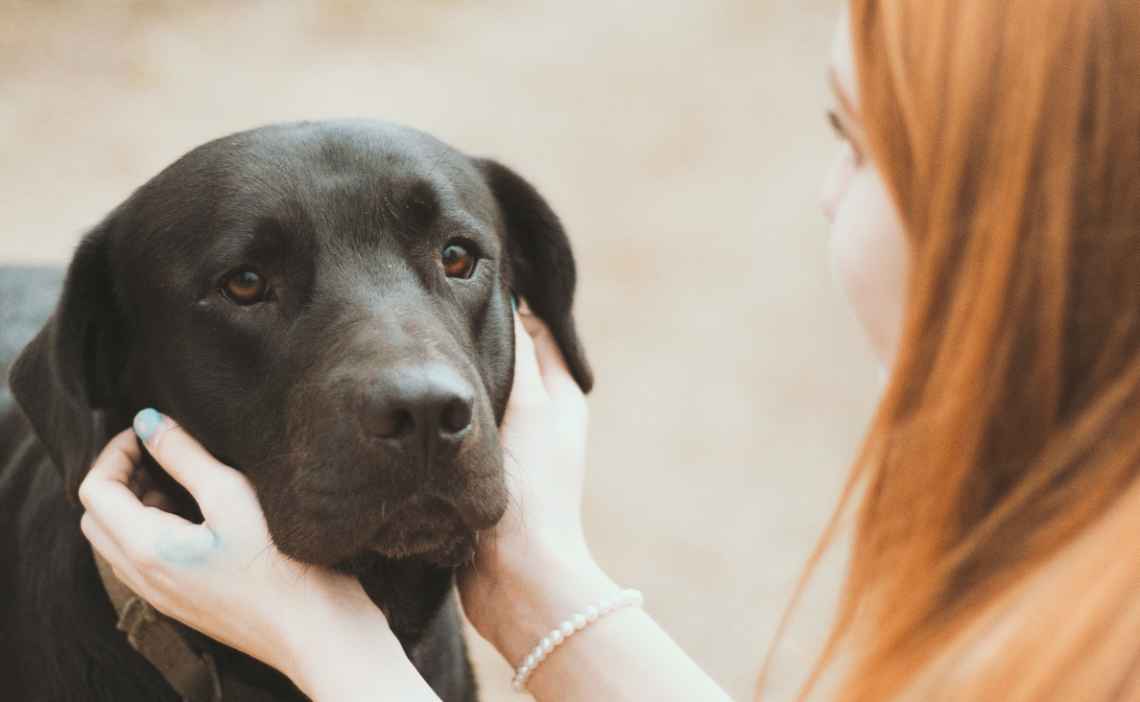
Deciding to add a canine companion to your family is a big decision. Often, the delight of getting a new pup overshadows the true level of responsibility it is to be a dog parent. If you’re not careful, you can allow bad habits to form that will make life more difficult for you and your new four-legged friend.
It’s not uncommon for people to make mistakes after adopting a dog, usually within the first month when everything is new and you’re both still adjusting. It’s easy to get caught up in the excitement of it all and expect too much of your pup, or realize you have no idea what you’re doing. Most of us feel overwhelmed at some point during new puppy parenthood – and that’s OK.

As long as you have the basics down, you’ll learn as you go along, and your puppy will adjust. But it is a good idea to know what you’re getting into and plan ahead. While you’re just getting to know your puppy at first, those first few weeks set the tone of your relationship. You’re getting to know your pup and he’s getting to know his home and new family. The way you start out will impact the rest of your life together.
One thing to keep in mind – even if you end up with a dog that’s difficult, it’s never too late to make the necessary changes to help your dog become the best he or she can be. It takes a lot of work and patience, but re-training a dog can be done. Be prepared to talk with your veterinarian about your dog’s behavior, take your dog to training classes and talk with the knowledgeable staff at Canine Campus.
Here are 15 common mistakes new dog owners make and how to rectify them.

-
Choosing a dog based on looks, not breed characteristics
Puppies can be so adorable. Once you see one that melts your heart, it can be hard to look away. But prepare yourself before you ever start your dog search by researching various breeds and each of their specific needs. Each breed was bred for a specific purpose – understanding that purpose helps you choose the right breed for you and your family, based on your lifestyle and living situation. And, if you end up with a mixed breed, consider a genetic testing kit to find out what your dog’s breed is and how you can harness your dog’s breed characteristics to have the happiest life together possible.
-
Letting your dog run the show
Your dog needs you to be the leader. Even though it can be hard to tell your doe-eyed, floppy-eared puppy “No”, you must. It’s essential you set down your dog’s rules and expectations right away. Dog’s thrive best when they know what’s expected of them; setting down clear rules helps them learn what they should – and should not – do. When they know you’re in charge, they can relax and enjoy themselves because they don’t have to worry about ruling the roost.
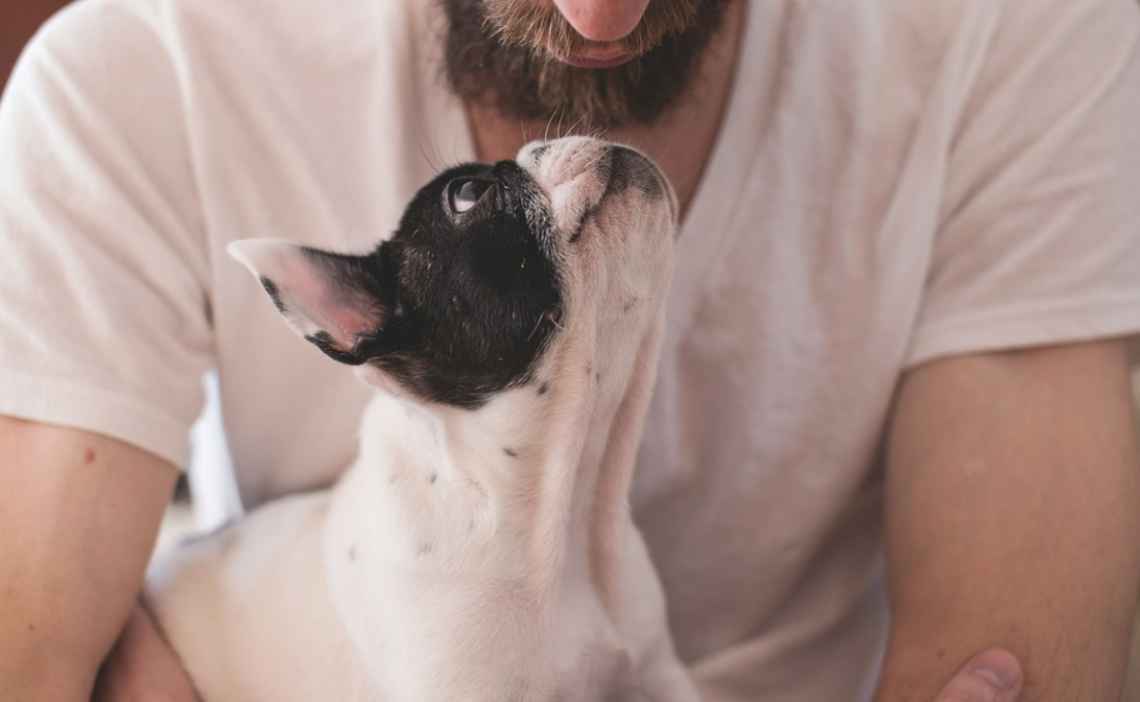
-
Assuming they will always have their puppy personality
As your dog ages, he or she will experience personality changes. Sometimes it’s a change for the better, like becoming less skittish and more confident. But sometimes an older dog will be less friendly around other dogs and people as he or she ages. You need to be prepared to adapt to your dog’s personality changes as they occur. Having unfair expectations or attempting to change your dog’s personality will set you both up for immense frustration and constant failure. If your dog’s behavior becomes dangerous or unbearable, seek a professional. But if it’s just annoying, try to embrace who they are and work with it instead of against it.
-
Being inconsistent
Your dog needs consistent routines, rules and boundaries. This can be challenging if you’re “co-parenting” with a partner or other family members. It’s best if everyone can be on the same page and follow through with the same rules no matter who is administering them. Your dog will learn faster and will be a happier dog if everyone follows the same training techniques and routines.
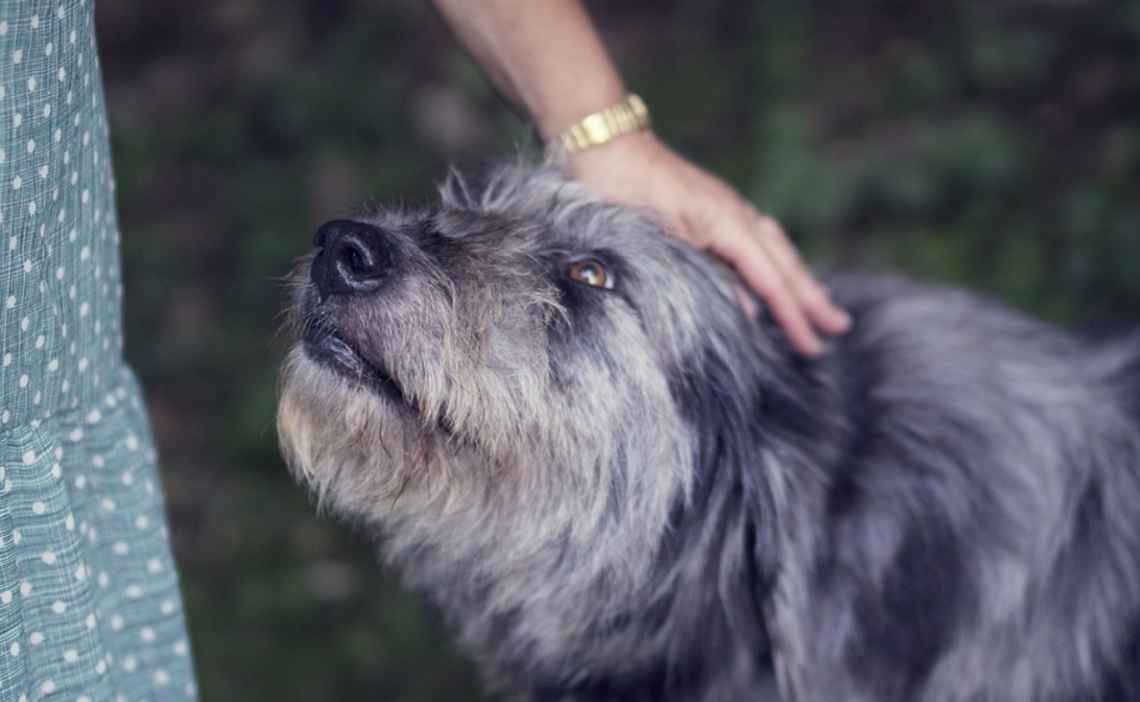
-
Assuming they will grow out of a bad habit
It’s true – sometimes puppies will grow out of bad habits (like chewing on everything in sight). But sometimes they won’t. When it comes to behaviors you really want your dog to follow, like house training, you need to start teaching them what’s expected at a young age. You need to be patient while they’re learning, of course, and reward them for good behavior.
-
Not socializing your dog
Sometimes people get nervous about having their dog around other dogs because they are afraid they will be susceptible to diseases or possible attacks. Of course, it’s smart to make sure your dogs are in a safe place where they and other dogs are vaccinated so there won’t be any issues with diseases.
Veterinarians insist that it’s important for dogs to interact with lots of different dogs, even ones that might be slightly dominant. This helps dogs become socialized and understand how to interact with other dogs in a pack environment. This will help them learn how to communicate with other dogs for the rest of their life. This is one reason it’s so important to bring your dog to daycare or another safe, supervised dog playtime where you know the other dogs are vaccinated and have been tested for suitability before joining the pack.

-
Forcing them to do something when they’re scared
It’s really important you understand your dog’s signals so you can respond appropriately. If your dog gives you signals that he or she is frightened or feels threatened, do not ignore it, overlook it or force them. The resulting actions can be dire for everyone involved. Dogs just want to feel safe and loved so, if they’re acting out, it most likely indicates there is an instinctual fear response rooted in their actions. Find a way to protect your dog and de-escalate the situation.
-
Not showing enough affection
Most dogs love to be petted, especially if they know and trust you. It’s important that you show your dog lots of affection so your dog is comfortable with being touched.
Touch is important for bonding with your dog as well as allowing you to touch them in situations where you need to, like for their own safety, if they’re hurt or need your help in some way. Teaching your dog it’s OK to be brushed, having their paws and gums touched makes it much easier for grooming or medical care by your veterinarian.
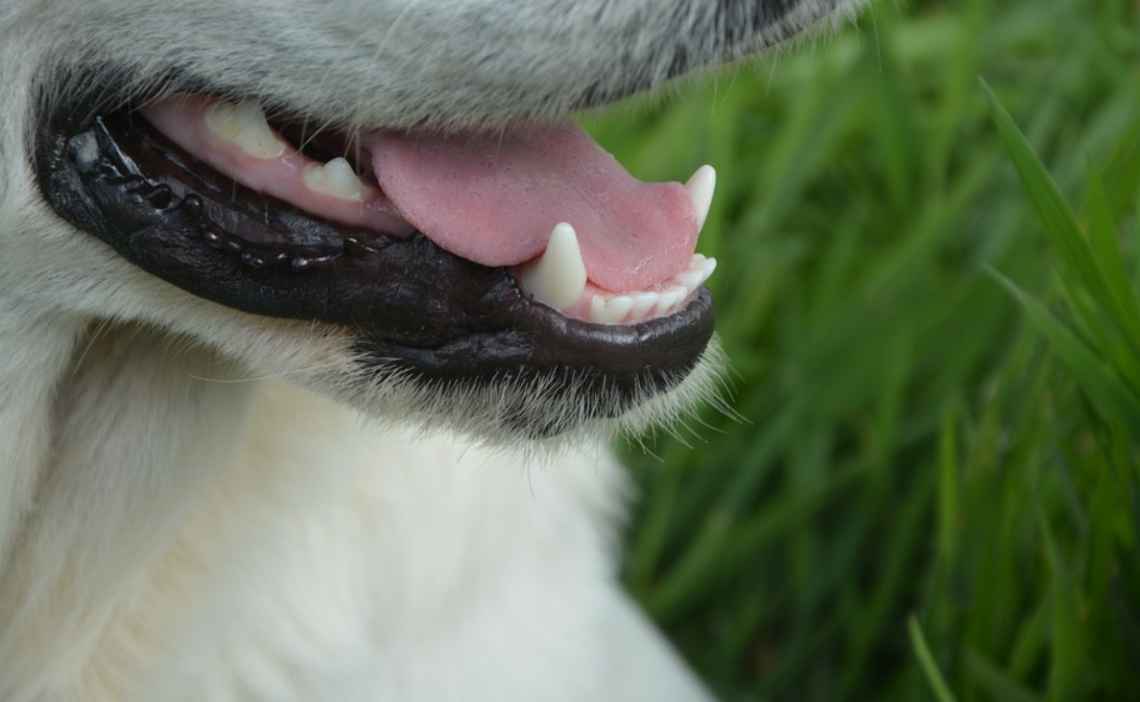
-
Neglecting their dental hygiene
Dogs need dental care. Getting your dog used to being touched in the mouth area will make it easier for you to brush their teeth. Dogs can get all sorts of gum diseases as they age; just like humans, daily dental care is essential for good health.
-
Not feeding your dog correctly
It’s important that you feed your dog the right food for his or her age, breed, temperament and nutritional needs. Puppies need puppy food, not adult food. Some dogs do better if they’re fed twice a day, others three times a day and some need a special grid puzzle plate to help them eat slower and feel satiated when they’ve eaten their meal. Whatever you figure out works best for your dog, stick to that schedule so you can maintain and regulate a healthy weight.
Feeding your dog right will help prevent obesity, a growing problem in dogs in our country. Give them healthy treats but don’t over do it. And don’t feed your dog people food from the table. There are good foods for dogs you can cook to give them a wholesome meal but stay away from feeding your dog unhealthy human food.
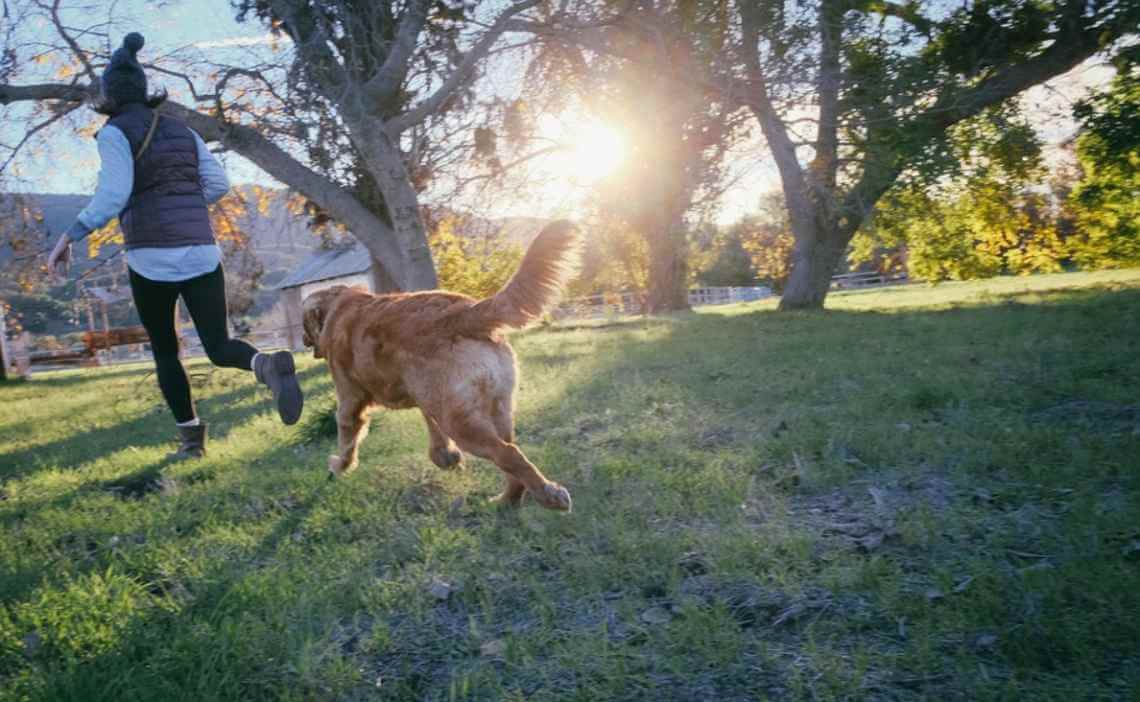
-
Not making sure your dog gets enough exercise
Though some breeds need more exercise than others, all dogs need exercise and stimulation. Without it, they will become frustrated and try to get their energy needs met in other ways, like chewing, digging or barking. Plus, walking your dog regularly will help you be more active as well.
-
Not getting your dog microchipped, spayed or neutered
Waiting too long to get your dog fixed can cause all sorts of future health issues (besides, of course pregnancy or impregnation). Talk with your vet about the best approach to take when it’s time for the surgery.
Microchipping and ensuring your dog always wears his or her ID tags will give you peace of mind that if they somehow get away from you, you will be reunited.
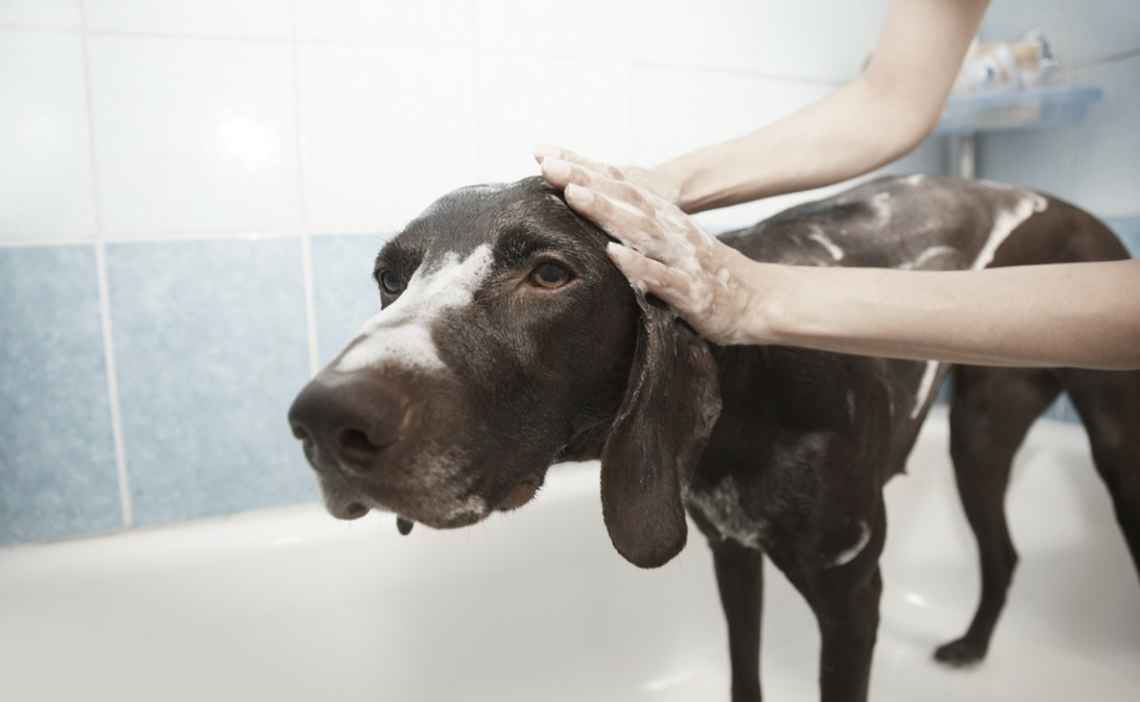
-
Not grooming your dog regularly
Your dog needs to be groomed and their nails clipped regularly. Giving your dog regular baths can prevent skin and fur issues and ensure your dog isn’t carrying around an unnecessarily heavy coat. Not keeping your dog’s nails trimmed can have serious health consequences. Your dog will be healthier and happier if you keep him or her well groomed.
-
Not training them to be content in their crate
Crate training has many advantages. Dogs that are not forced to be in their crate too long will enjoy their crate as a sanctuary. Used correctly, a crate becomes a safe and secure place for your dog – much like wild dogs feel in their dens. Your dog’s crate will become a retreat from overwhelming situations (like thunder, fireworks or a visitor in the home) or a safe place during an evacuation or vet visit.
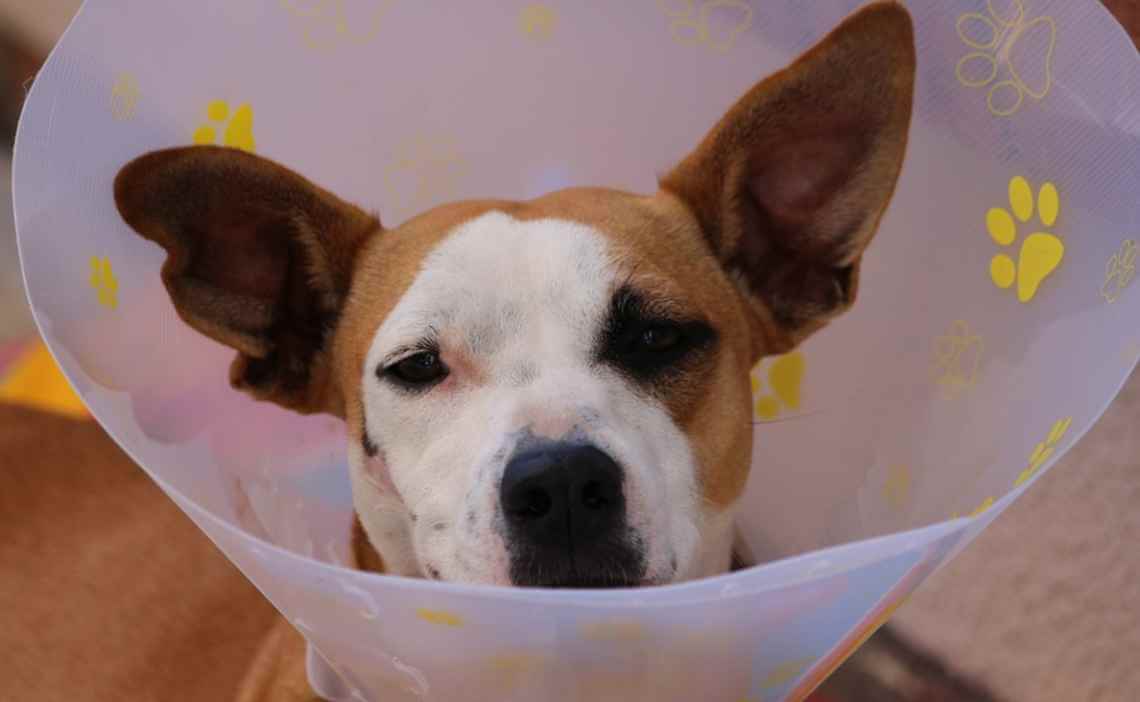
-
Not budgeting for additional expenses or buying pet insurance
Dogs can be expensive, especially if they have a serious medical need. Consider setting money aside for emergencies or purchasing insurance to prevent unbearable financial hardship or unthinkable decisions. Most major insurance companies offer pet insurance options. Don’t put yourself or your pup in a difficult position – be prepared for anything so you can rest easy knowing you can take care of your dog should a major health issue arise.
Your first few months as a new dog parent can be exhausting and confusing, but those feelings will pass. As long as you stick to a schedule, bond with your dog, train them and give them everything they need, you will have a loyal companion with many happy years together.
What mistake (or mistakes) have you made with a new dog? What advice would you give new dog parents? Please share in the comments below.













I found out my dog must be donated. Way out of my price range. My budject is 25 dollars a month.now neglecting it. Not know it be a huge money issue. Putting food on table or dog. I thought 300 dollars per year that’s be enough money for everything. A small ten lb dog.
So sorry to hear, Frank. Thanks for contributing your input on our blog post. 🙁
Don’t get a dog if you can’t afford all the expenses including food, toys, medical care that can be expensive!! Both of my labs have had allergies + are on prescription food which is expensive! However, labs are my breed of choice. I rescued a German Shepherd longtime ago + was the best dog + safe around my infant! Dogs cost lots of $$$ + if you don’t or can’t afford all the expenses involved with caring for a dog, don’t get one. It’s not fair to the dog that you give it a home + then have to rehome it!
Thank you so much for sharing your viewpoint on this. Your opinion is appreciated! I hope you visit us again soon!